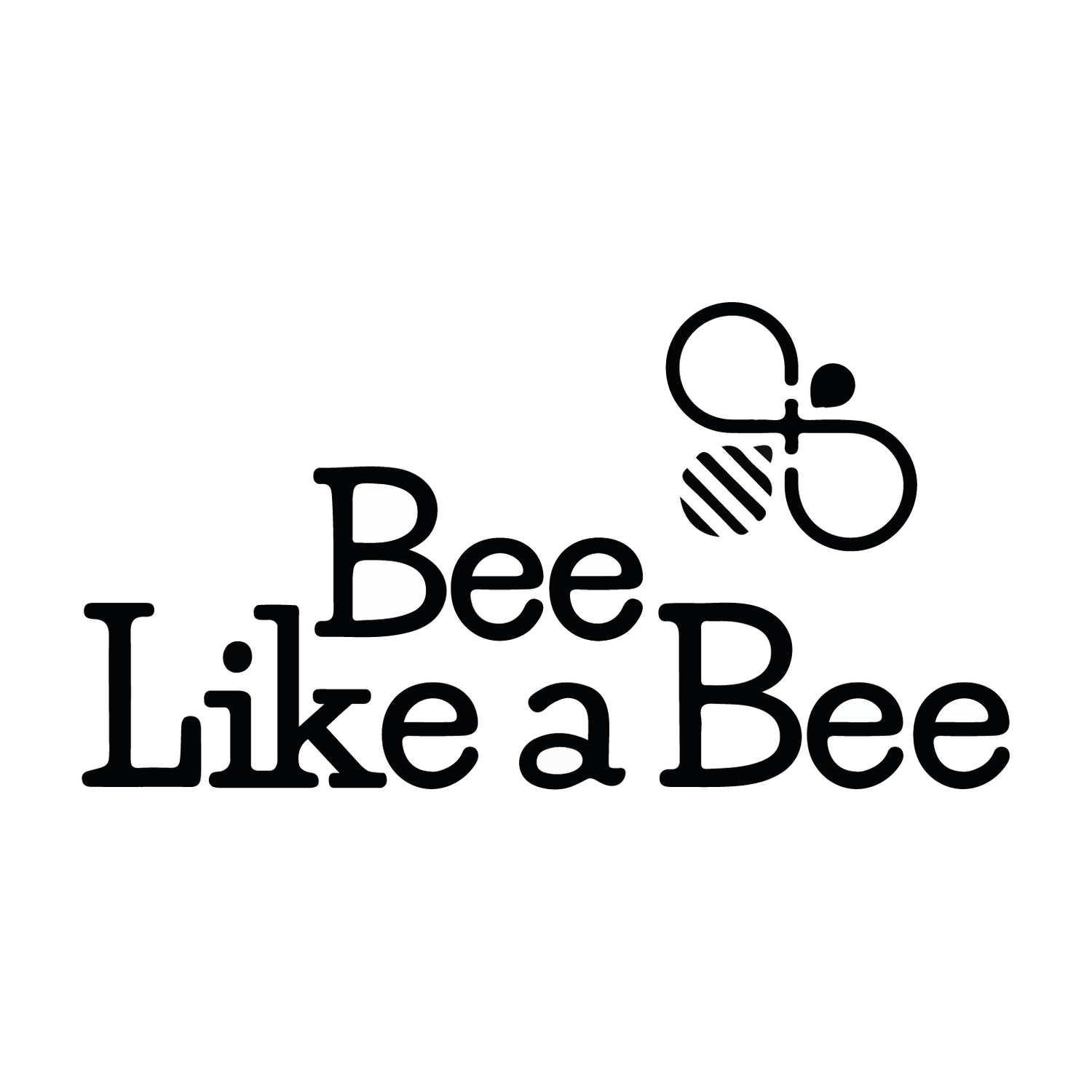Protein Bars: Are They Actually Good for You?
Protein bars are a convenient and popular snack or meal replacement option, but are they actually good for you? Unfortunately, the answer is not always simple. Many protein bars are high in sugar and calories, and may not be as nutritious as you think.
The Problem with Sugar in Protein Bars
Sugar is the biggest problem with many protein bars. Some protein bars have more sugar than candy bars! This is because sugar is a cheap way to add flavor and sweetness to food. However, eating too much sugar can lead to a number of health problems, including obesity, type 2 diabetes, heart disease, and stroke.
Other Potential Problems with Protein Bars
In addition to being high in sugar, some protein bars may also contain other unhealthy ingredients, such as artificial sweeteners, high-fructose corn syrup, and unhealthy fats. These ingredients can have negative effects on your health, so it is important to choose protein bars that are made with whole, unprocessed ingredients.
When to Eat Protein Bars
Protein bars can be a healthy snack or meal replacement option for people who need to increase their protein intake, such as vegans, athletes, and people who are recovering from an injury. However, for the average person, adding another punch of protein into your diet — particularly when it comes with a lot of added sugar — is not going to make you healthier.
How to Choose a Healthy Protein Bar
If you do choose to eat protein bars, be sure to read the nutrition label carefully and choose a bar that is low in added sugar and calories. You may also want to consider opting for a different snack that's just as portable and nutritious, such as grapes, a banana, full fat yogurt with berries, nuts, or a snack with tuna or egg .
Here are some tips for choosing a healthy protein bar:
Look for a bar that has at least 15 grams of protein and no more than 5 grams of sugar per serving.
Avoid bars that contain artificial ingredients, such as high-fructose corn syrup and sugar alcohols.
Choose a bar that is made with whole, unprocessed ingredients, such as nuts, seeds, and fruits.
If you are unsure whether or not a protein bar is healthy, it is always best to consult with a registered dietitian or other qualified healthcare professional.
Engaging Content for Your Blog
Here is some engaging content for your blog on the topic of protein bars:
Quiz: Which Protein Bar is Right for You? Create a quiz that helps your readers choose the best protein bar for their individual needs and goals.
Recipe: DIY Protein Bars Share a recipe for homemade protein bars that are made with healthy, whole ingredients.
Article: The Truth About Protein Bars Write an article that explores the pros and cons of protein bars in more depth. Be sure to include information on the different types of protein bars available, how to choose a healthy protein bar, and how to incorporate protein bars into a healthy diet.
Infographic: Protein Bars 101 Create an infographic that summarizes the key points about protein bars, such as what to look for in a healthy protein bar and how to incorporate protein bars into your diet.
You can also use your blog to share your own personal experiences with protein bars. For example, you could write a post about your favorite protein bars, or a post about your journey to finding the perfect protein bar for your needs.
By providing informative and engaging content about protein bars, you can help your readers make informed decisions about whether or not to eat protein bars, and how to choose the best protein bars for their individual needs and goals.
Additional Tips for Choosing a Healthy Protein Bar
Here are some additional tips for choosing a healthy protein bar:
Look for a bar that contains at least 10 grams of fiber. Fiber helps to keep you feeling full and satisfied, and it can also help to lower cholesterol and improve blood sugar control.
Avoid bars that contain high amounts of saturated and trans fats. These types of fats can raise your cholesterol levels and increase your risk of heart disease.
Choose a bar that is low in sodium. Sodium can raise your blood pressure and increase your risk of stroke.
If you have any dietary restrictions or allergies, be sure to check the ingredient list carefully before choosing a protein bar.
Conclusion
Protein bars can be a convenient and healthy snack or meal replacement option, but it is important to choose carefully. Read the nutrition label carefully and avoid bars that are high in sugar, calories, unhealthy fats, and sodium. If you are unsure whether or not a protein bar is healthy, it is always best to consult with a registered dietitian or other qualified healthcare professional.
#healthysnacks #fitnesssnacks #gymsnacks #proteinbars #protein #healthybodyhealthymind
Image by <a href="https://www.freepik.com/free-photo/high-angle-hands-holding-mexican-sweets_29301445.htm#query=composition%20protein%20bars&position=14&from_view=search&track=ais">Freepik</a>


